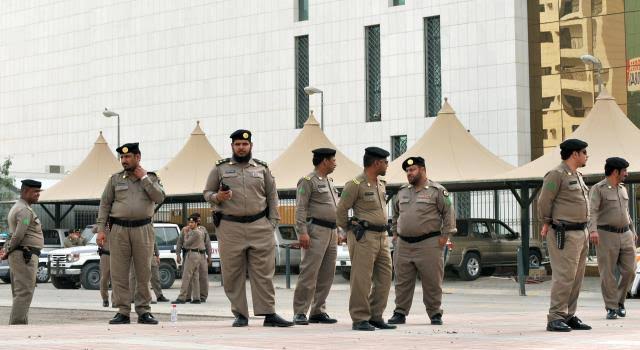
The American Committee for International Religious Freedom condemned the violence of the Saudi authorities against women and the arrest of many reformists, amid poor conditions of detention, referring the continued persecution of Shiites in the Kingdom.
The committee’s annual report said that the Kingdom used terrible violence against women, such as the prisoner of conscience, “Lujain Al-Hathloul”, who was seeking to obtain her right to freedom from some religious restrictions.
The committee criticized the arrest and detention of many Muslim clerics by the Saudi authorities from the opposition awakening Movement during the past year, which led to the death of one of them, “Fahd al-Qadi”, last December, after medical negligence in prison.
“Despite its economic reforms, the Saudi government’s tolerance remained low for those who chose not to accept the state’s approved religious version of Hanbali Sunni Islam,” the committee’s report added.
The report pointed out that “Shiite Muslims in the Kingdom still face discrimination in education, work and the judiciary, and they face difficulty in accessing advanced opportunities and positions in the political and military institutions.”
The committee noted that the Saudi authorities often prohibited the use of Shi’a prayers to pray in the mainly Shi’a eastern areas.
She added: “The authorities arrest and imprison Shi’a Muslims on charges of organizing religious gatherings in private homes without permits, and reading religious materials in Husayniyat.”
The United States of America places the Kingdom, on the list of countries that are a source of particular concern in the field of religious freedom, and accuses it of participating or tolerating “systematic and persistent flagrant violations” of the US international religious freedom law.
The black American list of religious freedom includes nine “disturbing” countries, along with the Kingdom of China, Eritrea, Iran, Burma, North Korea, Pakistan, Tajikistan and Turkmenistan.
Countries that are included in this list are subject to some sanctions. The committee making the list includes members from all religious groups.
The committee was established by the US Congress in 1998 with the support of the Democratic and Republican parties, to make recommendations regarding religious freedom around the world.
During the past two years, the Kingdom witnessed the arrest of hundreds of activists and human rights activists, who did not show support for the changes that Saudi Arabia is witnessing, amid human rights demands to disclose their fate and provide them with justice.